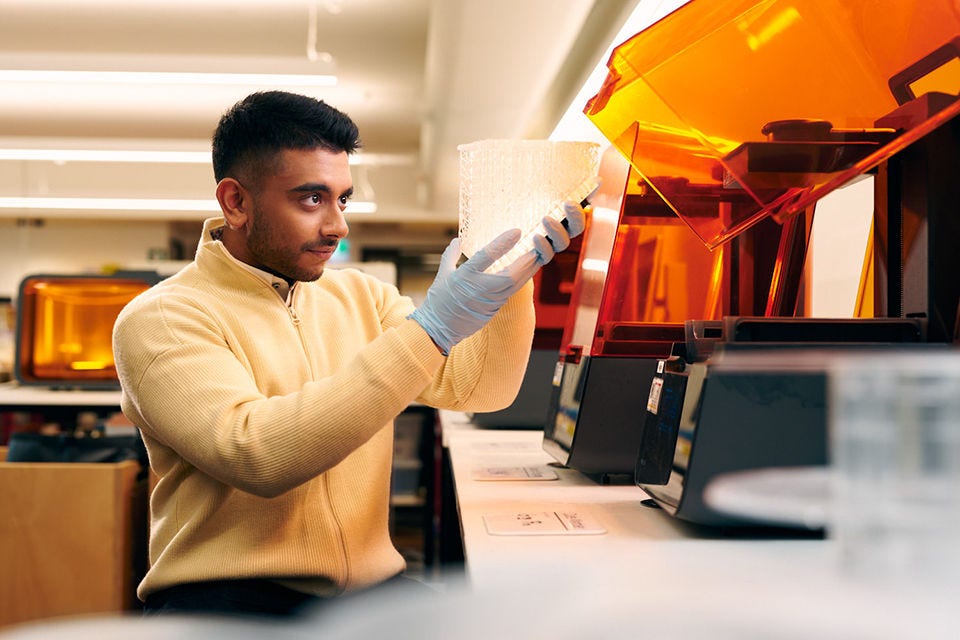We have a new and improved course search tool to help international students explore Australian study options. Find more information here
Why Australia?
State-of-the-art creative and cultural precincts
Australia is known for its dynamic creative precincts and spaces like the Sydney Opera House and Melbourne’s National Gallery of Victoria.
Courses designed for now and the future
Courses in Australia are designed and updated with the help of industry leaders. This means courses are up-to-date and will give you the right skills to be job-ready when you graduate.
Collaboration, experimentation and innovation
Learning in Australia encourages you to question old ways of doing things and experiment with the new. Courses might involve projects with other study areas (like science), or collaborations with community groups.
Study options
Courses in creative arts and design are about bringing ideas to life and sharing them with others. They cover skills and techniques in areas like art, design, music, dance and drama. Some art administration courses focus on the best ways to share creative works with the public.
Studying a creative arts and design course can help you:
- become a professional artist, designer or performer
- build a portfolio of work
- refine your creative skills and develop new techniques
- learn how to promote, share and sell your work (or others’ work)
- build networks with other creatives in the community and across the world
- understand how to use new technologies
- come up with creative solutions to complex problems
- grow your confidence.
The creative industries are built into our everyday lives, and they are essential to our global economy.
By turning your creativity into a career, you could be part of finding innovative solutions to global problems and have a fulfilling and rewarding future.
The UNESCO Creative Cities Network
The network exists to place creativity and culture at the heart of future planning. It focuses on creativity at the local level, and connects with other cities at the international level.
Six Australian cities are recognised in these creative areas, including:
- Melbourne – Literature
- Geelong – Design
- Ballarat – Crafts and Folk Art
- Sydney – Film
- Adelaide – Music
- Bendigo – Gastronomy
Fast facts
Quality education
8 Australian universities are ranked in the world's top 100 for Art and Design.
World-leading creativity
6 Australian cities are listed in UNESCO’s global Creative Cities Network (UCCN).
A thriving arts hub
Australia produces some of the world’s most renowned artists and performers.
Career options
Creative arts and design careers come in all shapes and sizes, and there are a huge variety to choose from.
Here are just some examples of creative career options:
- fashion design
- advertising
- photography
- music
- interior design
- writing
- filmmaking.
Creatives are also needed in many industries that are not traditionally called ‘creative’ too – like business, technology and health. The unique skills and thinking that creatives can bring to different industries are becoming more and more valuable in helping to solve problems.
Because creativity is needed across every industry, you might work in a traditional creative area, or in an area you might not have considered yet.
Wherever your creativity takes you, you can enjoy a career full of variety and creative possibilities.
About the industries
The creative industries make up a vibrant and unique part of Australia’s economy. In areas from visual and performing arts, to music and film production, Australia has made its mark as a world leader.
- Almost 45,000 people are employed in the creative and performing arts industry in Australia.
- Around 12,000 businesses operate as Creative Artists, Musicians, Writers and Performers.
- There are more than 500 Performing Arts Venue Operation businesses and around 10,000 businesses of various sizes across Motion Picture and Video Production, Museum Operation and Performing Arts Operation.
Employers across many different industries need creatives with excellent skills in their creative field, as well as skills in using technology, and basic business skills too.




